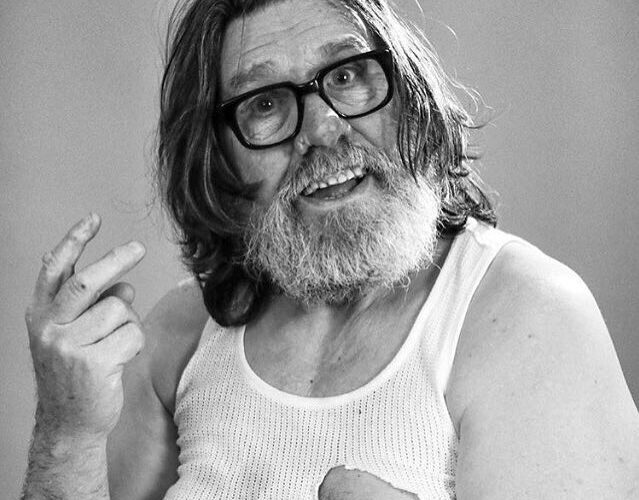Ricky Tomlinson, best known for his role as Jim Royle in the sitcom The Royle Family, made headlines when he claimed that former Countdown presenter Richard Whiteley was involved with the intelligence services. This surprising statement sparked debate among fans of both Tomlinson and Whiteley, as it introduced a new angle to the late quiz show host’s life. Below is an overview of the background, the claim itself, and the wider context surrounding it.
Ricky Tomlinson’s Background
Ricky Tomlinson is a well-known British actor and comedian who rose to fame through stand-up comedy and television roles. Before finding success in showbusiness, he was a plasterer and trade union activist. During the early 1970s, he was involved in a significant industrial dispute, an event that led to his imprisonment. Tomlinson has often argued that his jail sentence was unjust. Over the years, he has maintained that certain officials and media figures colluded to present him and his fellow union members in a negative light.
The Controversial Claim
In an interview, Tomlinson suggested that Richard Whiteley, the beloved presenter of the Channel 4 show Countdown, had acted for the intelligence services. According to Tomlinson, Whiteley might have helped gather information during the time of Tomlinson’s trial and union activities. This claim came as a shock to many because Whiteley was widely admired as a light-hearted, friendly figure on British television.
The claim rests on Tomlinson’s broader assertion that various media and government entities worked together to influence public opinion against him. He has referenced documents and statements that, in his view, suggest Whiteley had a role in passing on details about trade union disputes to higher authorities. However, these documents have not been officially verified, and it remains unclear whether Tomlinson has produced conclusive evidence.
Richard Whiteley’s Profile
Richard Whiteley, born in 1943, was a journalist and broadcaster. He was the first face to appear on Channel 4 when it launched in 1982, and he went on to present Countdown until his passing in 2005. Whiteley’s reputation as a warm, amiable quiz host endeared him to millions of viewers for decades.
Outside of Countdown, Whiteley was known for his work on regional news. He spent a considerable part of his career at Yorkshire Television, where he presented news programmes. Some people believe this journalistic background is at the root of the intelligence-service claim, since reporters sometimes share information with various sources. However, others see it as a standard part of journalism, rather than evidence of covert involvement.
Public Reaction and Skepticism
Many viewers of Countdown found Tomlinson’s claim hard to believe. Richard Whiteley’s approachable persona hardly suggested ties to official agencies. Fans were quick to defend Whiteley’s memory, stating that he appeared genuinely apolitical and primarily focused on hosting quizzes and interviewing guests on light entertainment shows.
Critics of Tomlinson’s claim argue that there is no direct proof linking Whiteley to intelligence activities. They emphasise that working in television journalism does not automatically mean a person gathers sensitive data for government bodies. Without clear documentation, these critics view the accusation as speculative.
On the other hand, Tomlinson’s supporters see his statement as part of a larger story about government and media collusion, especially during times of heightened labour disputes. They argue that Tomlinson would not make such claims without reason. Some of his fans believe that official files, if they become fully declassified, might shed more light on this issue.
Why the Claims Matter
Tomlinson’s allegation touches on important discussions about the relationship between the media and the state. In the 1970s, Britain experienced tensions between unions, employers, and the government. During this turbulent period, many journalists covered strikes and industrial disputes, sometimes in a way that influenced public opinion. If these allegations about Whiteley contain any truth, they could reshape how the public views certain media personalities of that era.
Nevertheless, Richard Whiteley passed away in 2005, and he cannot respond to or clarify Tomlinson’s statements. This absence of a direct response has left some questions unanswered. Whiteley’s family and colleagues have not provided formal comments on Tomlinson’s claim, although friends of the late presenter have generally dismissed the idea.
Possible Outcomes and Ongoing Curiosity
The conversation around Ricky Tomlinson’s comments remains mostly within the realm of speculation. There is no clear indication that any official inquiry will follow. Some historians and journalists continue to research and debate the broader events of the 1970s, including how the media and government interacted during labour disputes.
It is possible that future releases of official documents or personal papers might reveal more details. Until then, Tomlinson’s statement stands as a point of controversy, stirring curiosity about how certain figures in media and government operated behind the scenes.

